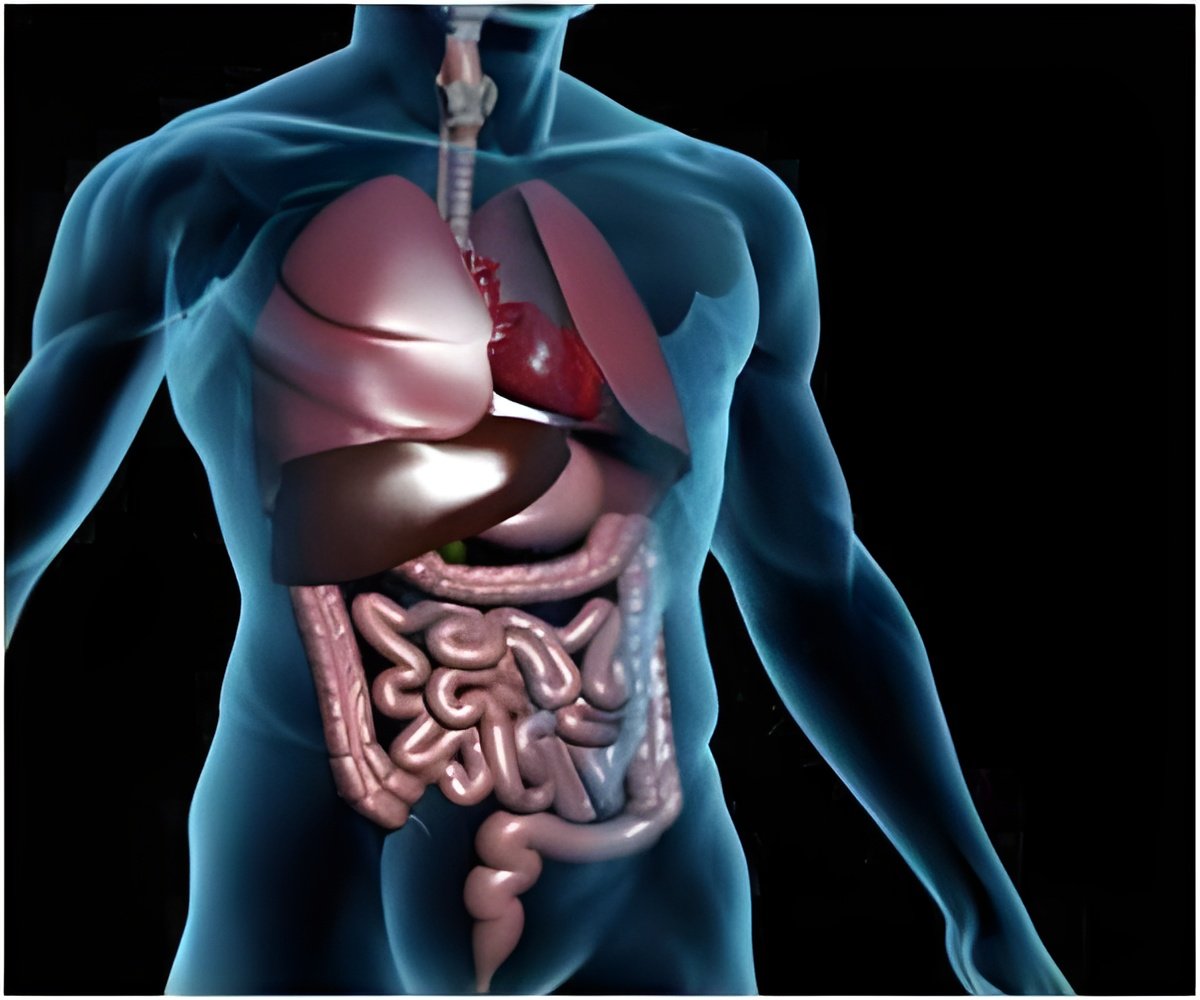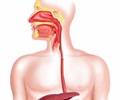
EoE affects an estimated 1 in 2,500 people. Symptoms vary, and may include trouble swallowing and abdominal pain. Based on previous research by Dr. Rothenberg and others, physicians typically use oral fluticasone off-label to treat patients with EoE, but studies have shown that some patients do not respond to 880-microgram daily doses of the drug. In the current study, researchers evaluated the effectiveness of a higher dose in adults and children with EoE. For three months, 28 participants swallowed 1760 micrograms of fluticasone each day, while 14 received placebo. At the end of the three-month period, 65 percent of participants who took the drug were in complete remission, based on the near absence of eosinophils in their esophageal tissues, compared to none who took placebo. Those in remission were switched to 880 micrograms of daily fluticasone for an additional three months, and 93 percent remained in complete or partial remission. Participants who did not respond to fluticasone during the first three months received 1760-microgram doses for three more months, but remained largely unresponsive to the drug. The findings suggest that approximately 25 percent of people with EoE do not respond to steroid treatment.
The scientists also evaluated gene expression in esophageal tissue samples. They found that the gene expression signatures of participants who went into remission changed substantially, becoming similar but not identical to those of healthy people. The changes in signatures of participants who did not respond to fluticasone were small, suggesting that these participants were resistant to the drug. The investigators identified 15 genes that may be useful in identifying patients who will respond to steroid treatment, but further studies are needed to confirm this finding.
Source-Eurekalert










